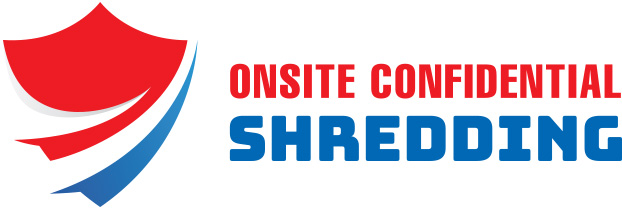12 Dec 10 Tips to Avoid Identity Theft
Posted at 20:22h
in Privacy & Security
Americans are facing a fierce attack on their personal and financial privacy. Shielding your private financial information with no risk of a breakdown may be impossible these days. But it’s critical to understand how your privacy can be compromised and the consequences of such a breach — and take a few simple steps to, if nothing else, better the odds in your favor. Find out how to safeguard your identity in a world of dumpster divers, mail thieves and shoulder surfers.
1. Destroy private records and statements.
Shred all credit card statements, solicitations and other documents that contain private financial information. Cross-cut shredding is best so thieves can’t tape the strips back together.
2. Secure your mail.
Empty your mailbox of incoming mail quickly and don’t use it for outgoing mail. If you can’t pick up your incoming mail quickly or are not home when mail is delivered consider getting a Post Office box so thieves don’t have a chance to snatch credit card pitches. Also, don’t mail outgoing bill payments and checks from home. They can be stolen from your mailbox and the payee’s name erased with solvents. Mail them from the post office or another secure location like a USPS drop box if possible.
3. Safeguard your Social Security number.
The social security number is the primary target for identity thieves because it gives them access to your credit report and bank accounts. Never carry your SS card with you, or any other card that may have your number. If your health insurance card number is your social security number, call the company and ask them to give you a new number that is not tied to anything. Don’t ever put your number on your checks.
4. Don’t leave a paper trail.
Never leave ATM, credit card or gas station receipts behind.
5. Never let your credit card out of your sight.
Worried about credit card skimming? Always keep an eye on your card or, when that’s not possible, pay with cash
6. Know who you’re dealing with.
Scammers often call with a great offer or a prize in order to get you to give up your personal information. Never give out your private identity or financial information unless you are sure who you are talking to.
7. Get on the DO NOT CALL list.
In addition to the national Do-Not-Call registry (1-888-382-1222), you can also cut down on junk mail and opt out of credit card solicitations. Remember that you need to re-register your numbers every five years.
8. Be more defensive with personal information.
Ask salespeople and others if information such as a Social Security or drivers license number is absolutely necessary. A telephone number should suffice when you are writing a check in a store. If someone does require your Social Security number, like your insurance company, ask what their privacy policy is.
9. Monitor your credit report.
Everyone gets one free credit report a year. Use this benefit! Obtain and thoroughly review your credit report (available for free at Annualcreditreport.com or by calling 877-322-8228) at least once a year to look for suspicious activity. If you spot something, alert your card company or the creditor immediately.



